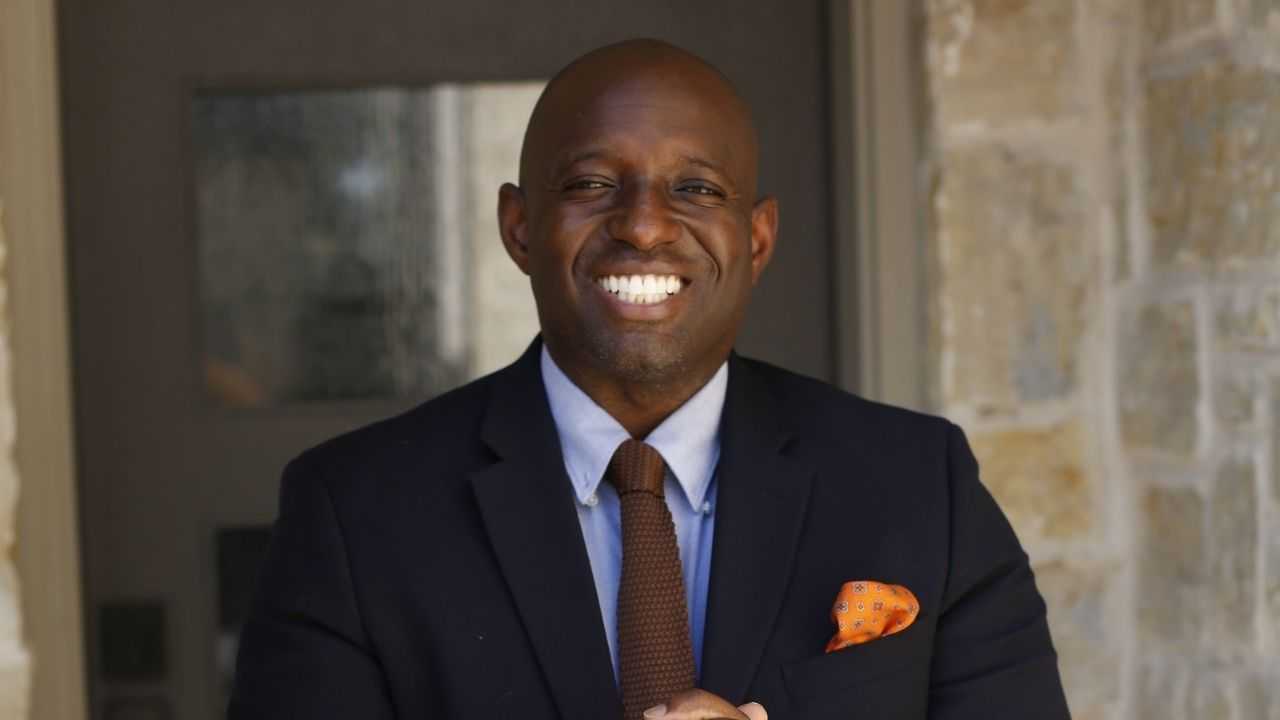Let’s Respect the Ref
Why the kids who volunteer to referee youth soccer quit, and how coaches and leagues can help them stay
Sarah Lindenfeld Hall
| 5 min read

Canva
It’s the middle of the game. Players are moving toward the goal, actually passing to each other. Then, the referee blows the whistle, and the momentum is lost over some foul.
But there was no foul — at least from your point of view. So, as coach, you yell your displeasure at the official, and parents follow your lead. The ref needs to know they messed up.
Right?
Not really.
Bad behavior from parents and coaches is a big reason why it’s so hard to recruit and retain referees for youth soccer. Some 30% of soccer referees don’t re-certify each year, and many of them are under the age of 18, says Francisco Villarruel, referee administrator for the US Youth Soccer Midwest Region. Others are scared away from the job, fearing outrage from the sidelines.
In the heat of the moment, Villarruel says, coaches and parents forget that the refs often aren’t much different than the kids on the field. They could be as young as 13 or 14, learning a new skill, too — how to officiate.
Says Villarruel, it’s “ironic that most adults accept that children will make wrong decisions and need mentoring, coaching, time to learn, but put a referee uniform on a child, and there is only intolerance for decisions which are different than a parent’s opinion.”
Emotion takes over
Often the yelling lasts a few minutes, but, in extreme cases, refs have feared for their lives.
In one case, a 17-year-old referee was chased to her car by spectators after a U11 match and had to call law enforcement to safely get out of the soccer complex, Villarruel says. During another game, Villarruel recalls, a spectator yelled at an assistant referee, who was Latino, saying, “the only field that you deserve to be on is the one that puts food on my table.”
“The emotion gets the better of us,” he says. “It becomes about gender. It becomes about race. It becomes about anything that can tear down a person.”
It’s easy to fix this. Just treat people with respect — even if you disagree with the call. But there also are ways for coaches and league administrators to make the experience better for referees, so they remain on the field. Here’s what to keep in mind and how you can make a ref’s job easier.
Coach the refs
There are always three teams at games, not two — your team, your opponent and the officials, Villarruel says. But young officials are at a disadvantage. They don’t have a coach on the field.
“It is the responsibility of both coaches and teams to help coach the third team,” he says.
Most coaches recognize that criticizing players constantly doesn’t help develop their skills. It won’t help a young ref either. So, after a ref makes a call that you disagree with, take a breath and coach them. Say something like, “I think you missed that call because maybe your positioning was off,” Villarruel says.
Practice zero tolerance
According to the rules of the game, officials have no control over spectators. Referees are taught that when parents cross the line, they stop the match and ask the coach to address the problem parents. Leagues and coaches should ensure those issues are handled immediately.
“When a young person comes to you and says, ‘Can you take care of that parent?,’ the response should be, ‘Yes,’ not, ‘You’re wrong,’” says Villarruel. “It should be zero tolerance.”
Be an active bystander
Step in when you see an official being treated poorly. When Villarruel comes between angry parents and young officials, he’ll ask the parents if they’d like to join his ranks as a referee.
“That causes some individuals to stop and pause for a minute,” he says. “And then they will say, ‘No, I never want to do this because I couldn’t put up with this. And my response is, ‘Exactly, you’re part of the problem.’”
Remember — they’re kids
Would you want a stranger threatening your child if they were the one blowing the whistle? Unlikely. There are better ways to express your concerns. This is, after all, not the World Cup.
“If a player shanks the shot, people say, ‘Next time, we’ll do better,’” Villarruel says. “When a ref makes a call that may not be accurate, it’s a vulgarity. This is a 14-, 16-, 17-year-old child who is learning their skill. There are things that we could do as coaches, as spectators, as players, that would help develop rather than criticize, ridicule and demean.”
Related articles
4 Ways to Manage THAT Parent on the Sideline




